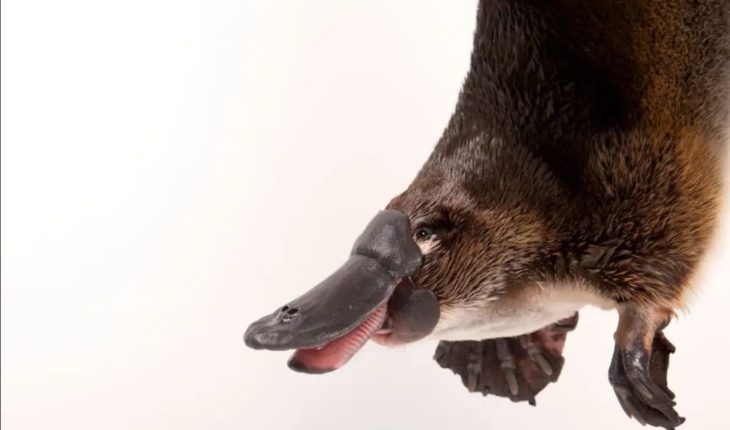After 8 years of research, a group of Australian scientists claim that this mammal’s milk has a powerful antibacterial protein.
To this day it is known that drinking milk from other animals does not do much for humans. And that cow’s milk, for example, will always be under discussion because there is a position that is indispensable for healthy growth, along with the arguments that this is only a source of fat that humans have had to learn to process (although currently only 35 percent of the world’s population can digest) and that it is nothing more than an idea that sold us a propaganda of the United States government in the 1920s.
Photo Ornitors / Author to whom it correspondsBut what about the milk of other animals? What about platypus milk? As a group of Australian scientists from the Australia’s National Science Agency, CSIRO, asked the question and in trying to answer they discovered that the milk of this semi-aquatic mammal has a powerful protein in its milk capable of fighting superbacteria.
The first analyses on the milk of this egg-bearing mammal were done in 2010, but until this year it was found and identified that with its milk a new type of antibiotic can be created.
Why? Because these animals are monotremes, which means they can lay eggs and produce milk at the same time. And although they don’t have nipples, they can concentrate milk in the stomach that they then pass to their young as sweat, and this feeding system is related to antibacterial properties, according to tests in other animal systems.
Platypus are the only mammals that can lay eggs and create breast milk.
The nipples in mammals were developed to provide the young in a safe way of feeding, that is, without contamination. And since the platypus does so with secretion, the danger of bacteria on milk is latent, therefore its antibacterial qualities.
Today, the world is going through a post-antibiotic era, meaning that many bacteria have become resistant to antibiotics that eliminate them and cure them of infections; superbacteria have been created. Serious if we think that more than 5,000 people in England a year and by 2050 they are expected to kill more people than cancer around the world. Similarly, the venom of the legs of the platypus is being analyzed by producing a hormone that stimulates the release of insulin.
On the other hand, the animal kingdom is not surprising as the secretions of ant and blood of the komodo dragon are also being investigated for its antibacterial qualities.
translated from Spanish: Platypus milk could be a great antibiotic against superbacteria
December 25, 2019 |





